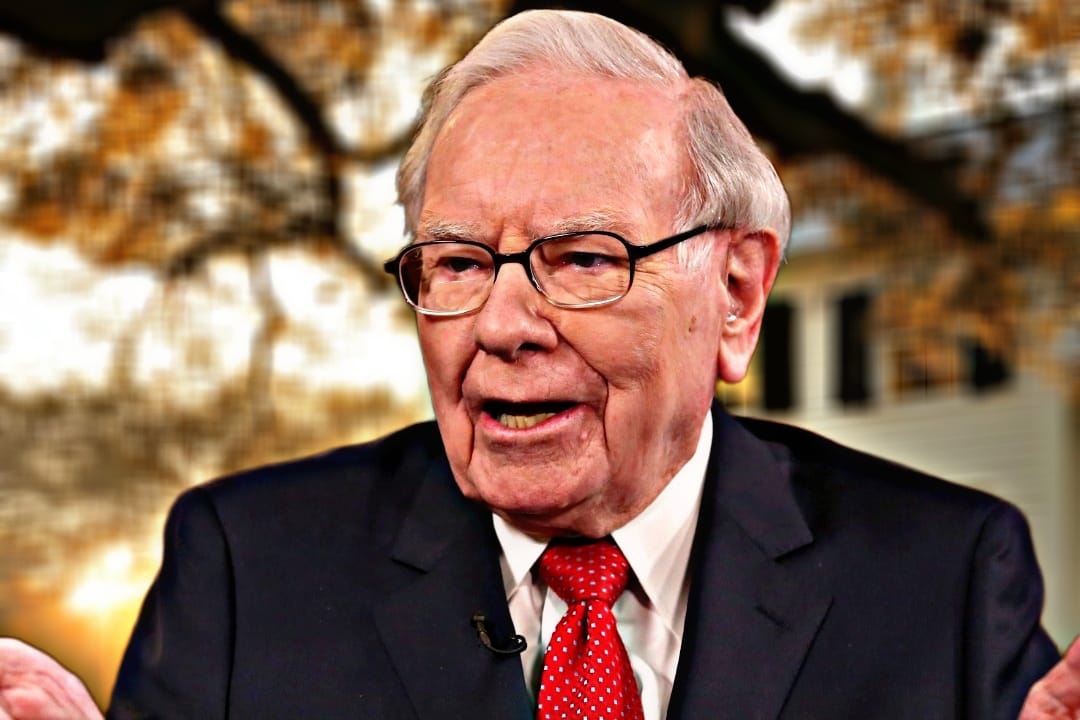Warren Buffett, often referred to as the “Oracle of Omaha,” is a name synonymous with investing wisdom, wealth accumulation, and business acumen. As the chairman and CEO of Berkshire Hathaway, Buffett is regarded as one of the most successful investors of all time. His journey from a young boy with an interest in numbers to becoming one of the wealthiest individuals on Earth is an inspiring story of discipline, patience, and a deep understanding of financial markets.
But beyond his immense financial success, Warren Buffett principles and investment strategies have made him a revered figure in the investment world. His philosophy of value investing, his commitment to long-term growth, and his focus on ethical leadership have shaped modern-day investing and continue to inspire investors globally. This article delves into the life of Warren Buffett, his investment strategies, and the lasting impact of his decisions on the world of finance.
Early Life and Influences
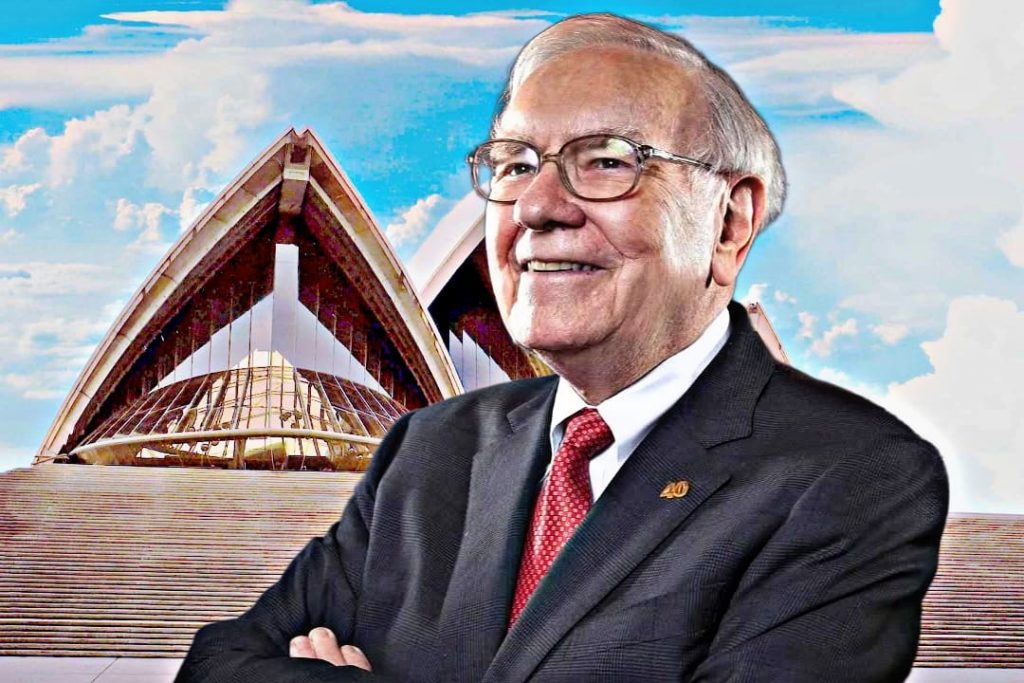
Warren Buffett was born on August 30, 1930, in Omaha, Nebraska, to Howard Buffett, a successful stockbroker and U.S. Congressman, and Leila Buffett. From a young age, Warren Buffett demonstrated an interest in business, displaying his entrepreneurial spirit by selling gum, Coca-Cola bottles, and weekly magazines. His curiosity about money and investing was evident even before he was a teenager. By the age of 11, he made his first stock purchase — three shares of Cities Service Preferred stock for $38 each. This early experience was a defining moment in his life, marking the beginning of what would become an extraordinary career.
Warren Buffett attended the University of Nebraska–Lincoln, where he earned a bachelor’s degree in economics. He then went on to Columbia Business School, where he studied under the legendary Benjamin Graham, the father of value investing. Graham’s teachings would later become the cornerstone of Buffett’s investment philosophy. At Columbia, Warren Buffett absorbed Graham’s philosophy of buying undervalued stocks with a “margin of safety” and holding them for the long term. This was a radical departure from the speculative trading strategies of the time and would define Buffett’s investment approach.
Warren Buffett Investment Philosophy
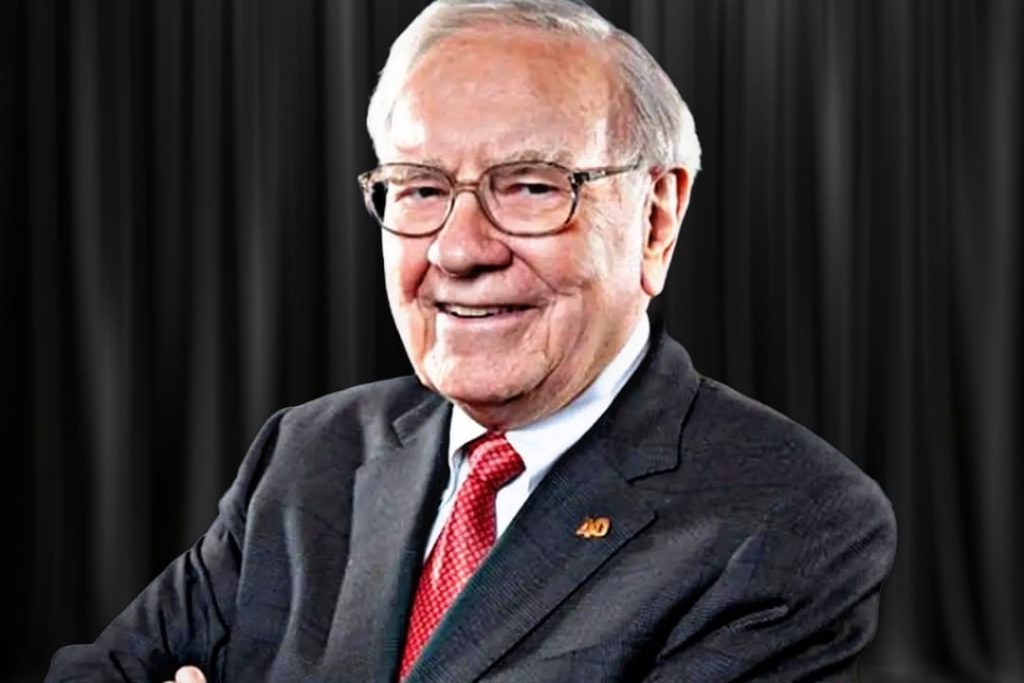
Warren Buffett’s investment philosophy, known as value investing, revolves around the belief that investors should purchase stocks that are undervalued by the market but have strong underlying business fundamentals. Rather than focusing on short-term market movements or speculative trading, Warren Buffett looks for companies that have long-term competitive advantages, stable earnings, and capable management. His famous quote, “It’s far better to buy a wonderful company at a fair price than a fair company at a wonderful price,” encapsulates his approach.
1. Intrinsic Value and Margin of Safety
The concept of intrinsic value is central to Buffett’s investment philosophy. Intrinsic value is the true worth of a company, based on its future earning potential and assets, independent of its current stock price. According to Warren Buffett, the market often misprices companies in the short term due to speculation, emotional reactions, or external market factors. By identifying businesses whose intrinsic value is greater than the current stock price, investors can buy them at a discount, providing a margin of safety against potential losses.
This approach was directly influenced by Benjamin Graham, who taught Buffett to look for stocks trading below their intrinsic value, offering protection from market volatility. This principle has led to Warren Buffett long-term investments in companies like Coca-Cola, American Express, and Geico, all of which were initially undervalued but offered strong growth potential.
2. Invest in What You Understand
Warren Buffettis famous for saying, “Never invest in a business you cannot understand.” This is a key component of his investment strategy. He focuses on industries and companies that are simple to comprehend, with a predictable and understandable business model. Buffett’s investments in companies like Coca-Cola, Wells Fargo, and Procter & Gamble reflect his focus on industries he can understand well — consumer goods, banking, and insurance, for example.
This principle has kept Buffett away from many industries that are complex or outside his circle of competence, such as high-tech companies or startups. His philosophy is not to diversify into many industries but to invest deeply in a few businesses that are highly predictable and understandable.
3. Management Integrity and Competence
Warren Buffett often emphasizes that the quality of a company’s management is just as important as the company’s financials. He looks for businesses run by ethical, honest, and competent managers who prioritize long-term growth over short-term profits. The trust Buffett places in management has led to long-term partnerships with executives like Jeff Bezos (Amazon) and Jamie Dimon (JPMorgan Chase).
When selecting companies for investment, Warren Buffett seeks out management teams with a track record of wise capital allocation and transparent communication with shareholders. This focus on leadership has helped him build a portfolio of companies with strong, consistent performance.
4. Long-Term Focus and Patience
Warren Buffett is known for his long-term investment horizon. He famously said, “Our favorite holding period is forever.” Rather than jumping in and out of stocks based on short-term market movements, Buffett holds onto businesses for decades, allowing the power of compound growth to work in his favor. By investing in businesses with predictable earnings and sustainable growth potential, Warren Buffett ensures that his investments grow steadily over time, even through market fluctuations.
One of the best examples of Buffett’s long-term approach is his investment in Coca-Cola. In 1988, Buffett purchased $1 billion worth of Coca-Cola stock, which has since grown significantly in value. The investment has generated consistent returns for Berkshire Hathaway, demonstrating the benefits of holding high-quality businesses over extended periods.
Berkshire Hathaway: The Powerhouse Investment Vehicle
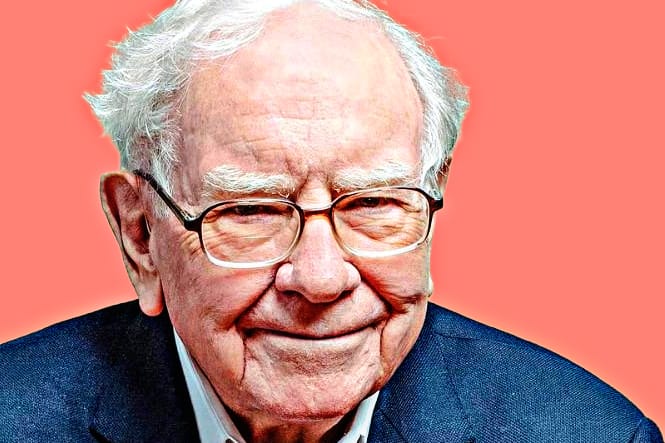
Berkshire Hathaway, originally a failing textile company, became the vehicle for Buffett’s investment empire. In 1965, Buffett took control of the company and began transitioning it from textiles into an investment holding company. Today, Berkshire Hathaway is a global conglomerate with a diverse portfolio of businesses, including GEICO, BNSF Railway, Duracell, Fruit of the Loom, and stakes in major publicly traded companies such as Apple, Coca-Cola, and American Express.
Under Warren Buffett leadership, Berkshire Hathaway has grown from a small regional textile manufacturer into one of the world’s largest and most successful investment companies, with a market value exceeding $800 billion. Buffett’s strategy of acquiring and holding high-quality businesses with strong fundamentals has paid off handsomely, making Berkshire Hathaway one of the most valuable companies in the world.
The success of Berkshire Hathaway is also due to Warren Buffett unique approach to capital allocation. Rather than paying out dividends, Berkshire Hathaway reinvests profits into new businesses and investments, which has led to significant capital appreciation over time. This reinvestment strategy has been a key driver of the company’s remarkable growth.
Notable Warren Buffett Investments and Decisions
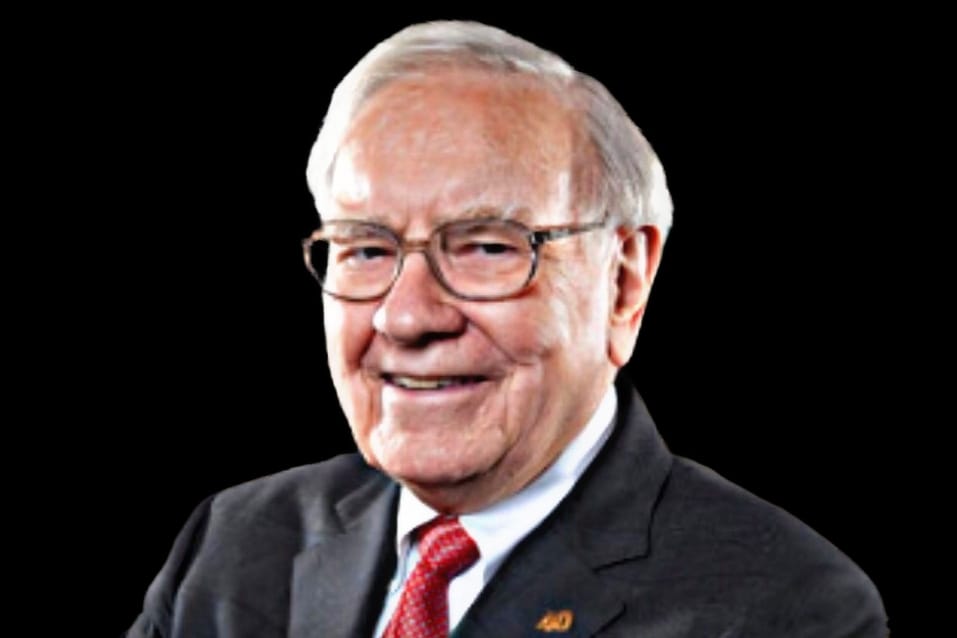
Throughout his career, Warren Buffett has made a number of notable investments that have earned him a reputation as one of the world’s greatest investors. Some of his most significant investments include:
1. Coca-Cola
Warren Buffett investment in Coca-Cola in 1988 is one of his most iconic moves. At the time, the company was facing challenges, and its stock price had dipped. However, Buffett saw the long-term potential of the brand, its global presence, and its strong cash flow. His investment has paid off tremendously, with Coca-Cola remaining one of Berkshire Hathaway’s largest and most valuable holdings.
2. American Express
In the 1960s, Buffett invested in American Express when the company was dealing with a financial scandal. Despite the market’s negative sentiment, Buffett recognized the company’s strong brand and customer loyalty. His early investment in American Express turned out to be one of his best, as the company grew exponentially in value.
3. Apple
In 2016, Buffett made a major shift in his investment strategy by purchasing shares in Apple, a company he had previously been hesitant to invest in due to its technology nature. However, after seeing the brand’s strong ecosystem and loyal customer base, Buffett recognized its potential. Apple has since become one of Berkshire Hathaway’s most valuable holdings, demonstrating Buffett’s ability to adapt his strategy while maintaining his focus on quality.
4. GEICO
Warren Buffett investment in GEICO in the 1970s is another hallmark of his career. Despite the company’s initial challenges, Buffett saw its potential as a low-cost insurer with a growing customer base. Today, GEICO is one of the largest auto insurance companies in the U.S. and a key contributor to Berkshire Hathaway’s success.
Warren Buffett’s Philanthropy: Giving Back to Society
While Warren Buffett is best known for his investment success, he is also a highly respected philanthropist. In 2006, Buffett announced that he would donate the majority of his fortune to charity, pledging to give away 99% of his wealth over his lifetime or upon his death. This pledge led to the creation of the Giving Pledge, a campaign he launched with Bill Gates, encouraging billionaires to commit at least half of their wealth to charitable causes.
As of 2023, Buffett has donated over $45 billion to various causes, with a significant portion going to the Bill & Melinda Gates Foundation, which focuses on global health, poverty alleviation, and education. His philanthropic efforts have made a lasting impact on society, and his commitment to giving back serves as an example for other wealthy individuals to follow.
Warren Buffett’s Lasting Influence on Modern Investing
Warren Buffett’s influence extends far beyond his personal wealth. His value investing philosophy has reshaped the investment landscape and continues to guide both individual investors and institutional fund managers. His approach emphasizes the importance of patience, long-term thinking, and capital preservation, all of which are critical for success in today’s volatile markets.
Warren Buffett annual shareholder letters are widely read by investors and serve as a valuable resource for anyone interested in learning about investing, economics, and corporate governance. His ability to distill complex financial concepts into accessible language has made him a beloved figure in the world of investing.
Conclusion: A Legacy of Wisdom, Patience, and Integrity
Warren Buffett’s legacy is a testament to the power of patience, discipline, and integrity in investing. His success in growing Berkshire Hathaway, his emphasis on value investing, and his philanthropic endeavors have made him one of the most respected figures in business and finance. As the “Oracle of Omaha,” Warren Buffett continues to inspire investors worldwide with his time-tested investment strategies and commitment to ethical leadership.
Through his work and example, Warren Buffett has shown that investing is not just about making money; it’s about making smart, principled decisions that stand the test of time. His influence will undoubtedly continue to shape the world of finance for generations to come.

